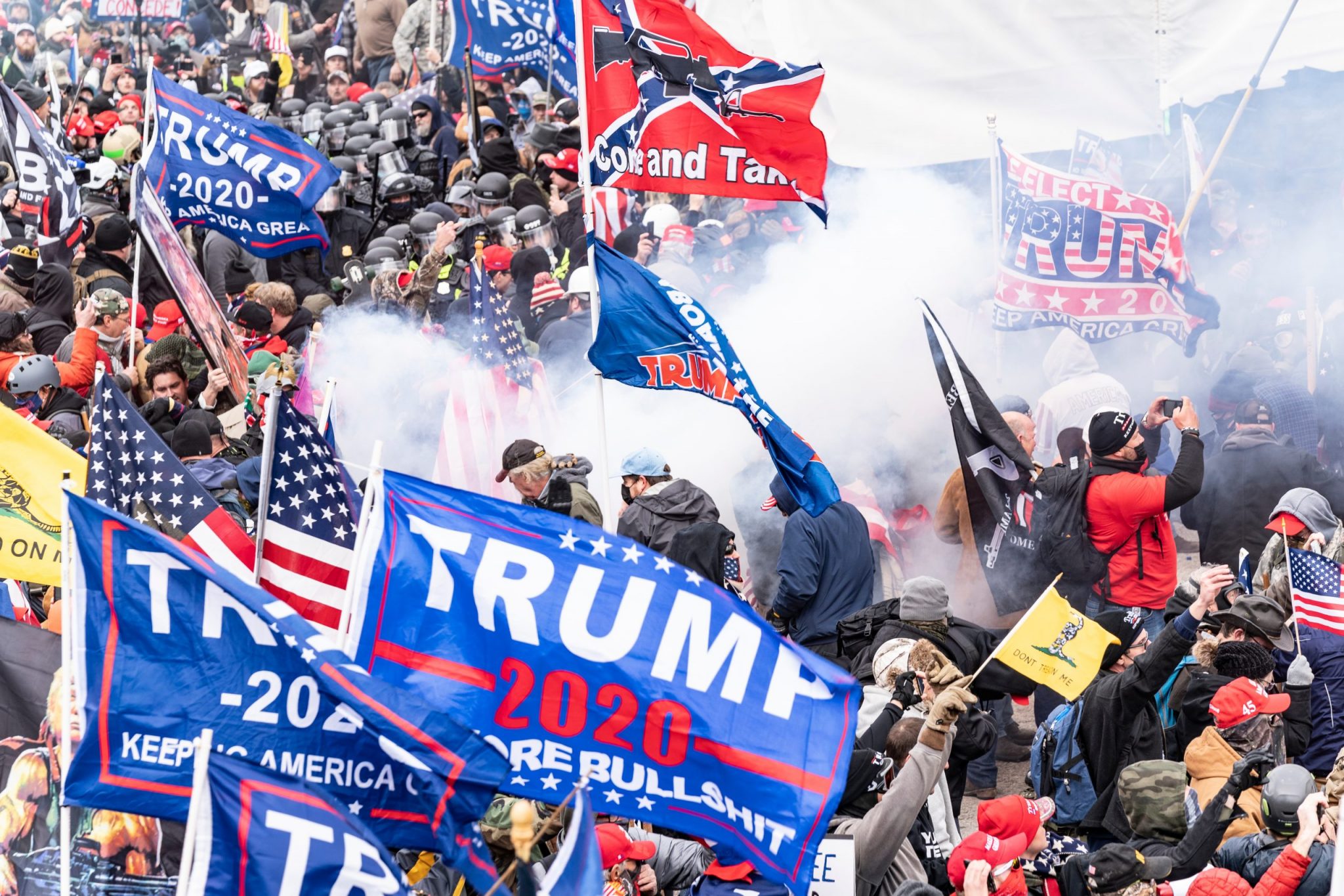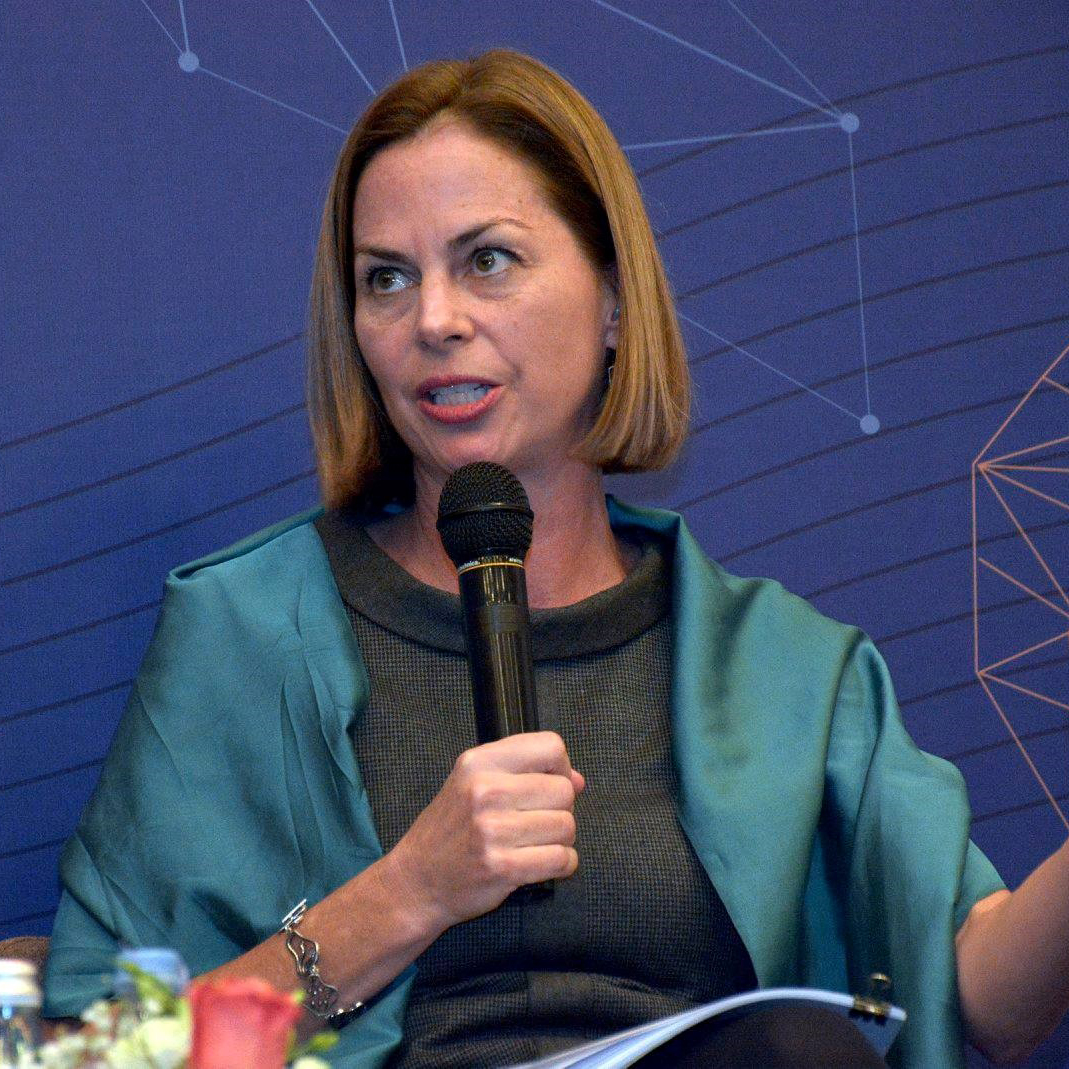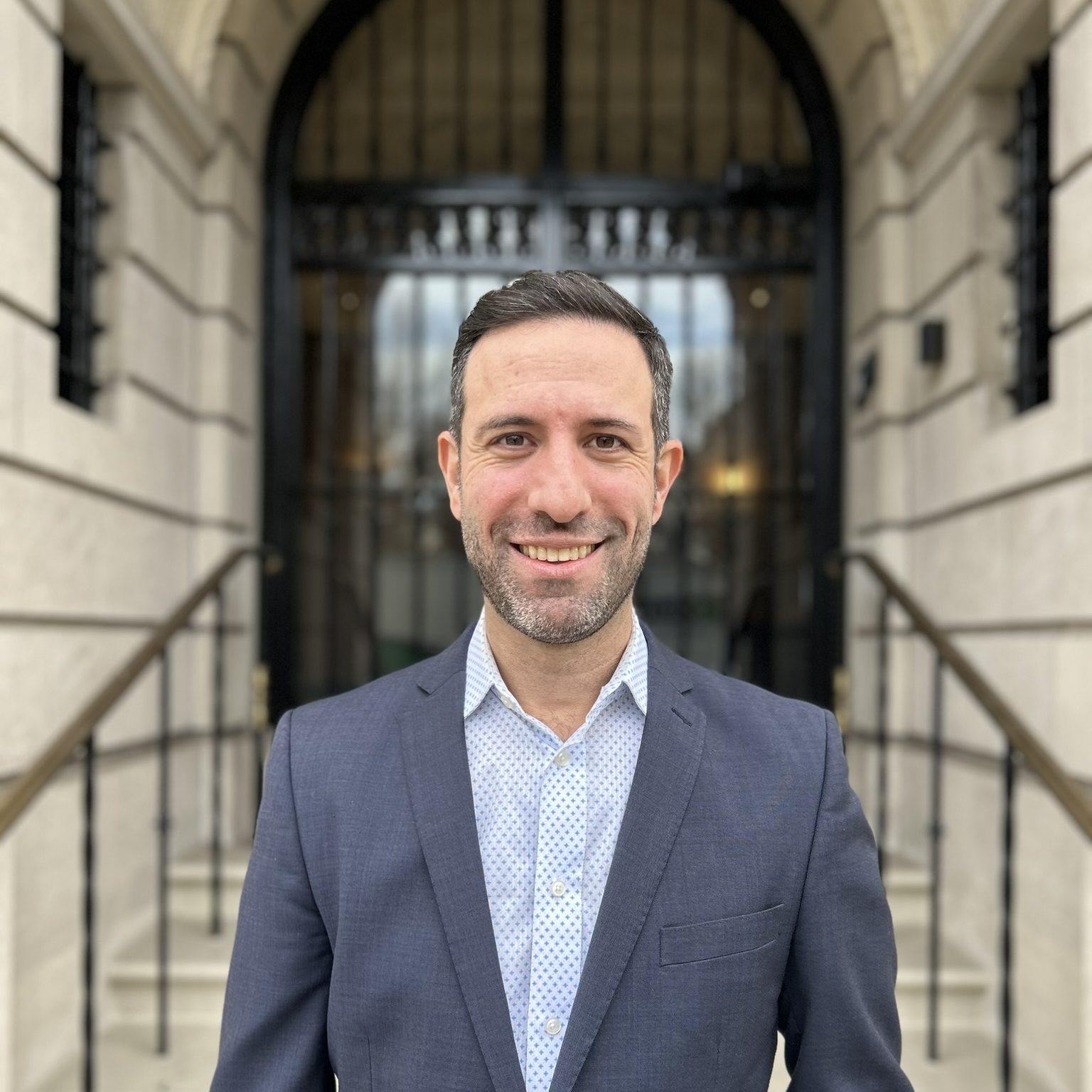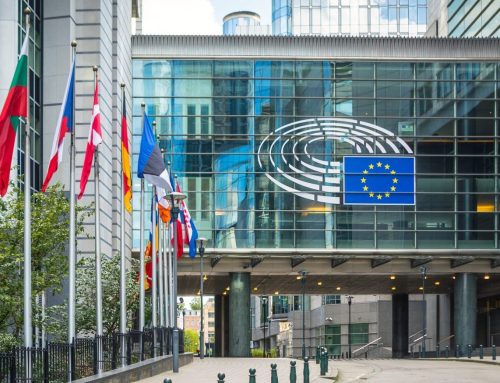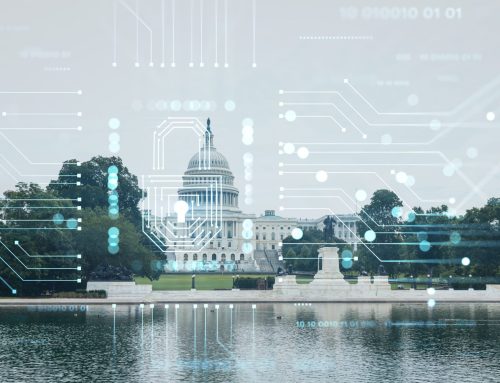More than a year and a half after the violent assault on the U.S. Capitol, the House Select Committee to Investigate the January 6th Attack on the U.S. Capitol will hold its first public hearing this Thursday. The televised series of hearings will feature witness testimonies, pre-taped interviews with figures from the Trump administration and family, and video footage to inform the public of the plot to overturn the 2020 election. Ahead of the hearing, ASD experts answer questions about the 2020 election, the Big Lie, and what we can expect heading into the 2022 midterms.
The January 6th Capitol riot was fueled by former president Donald Trump’s claim that the 2020 election was stolen. Can you tell us the facts about the 2020 election?
Elections Integrity Fellow David Levine: Confronted with a global pandemic, civil unrest, threats of autocratic interference, and historic turnout, U.S. election officials conducted a secure, accurate, and accessible election. All states with close results in the 2020 election had paper ballots that they were able to recount, if necessary. The nation’s top intelligence and law enforcement agencies confirmed that there was no evidence of significant interference or election fraud in 2020 and that the results were legitimate. And when the courts heard claims of widespread election fraud or other irregularities, they roundly rejected them.
The attack on the Capitol is a prime example of a disinformation campaign triggering real world action. What are the hallmarks of an effective disinformation campaign? What made the Big Lie so effective?
Junior Fellow Elen Aghekyan: The Big Lie, the group of misleading narratives that focus on disputing the legitimacy of President Biden’s electoral victory, has an incredible amount of lasting power. These narratives have been buoyed by a constant stream of emerging “evidence”—documents, testimonies, interviews—that is used to build and rebuild theories of what happened during the 2020 presidential election. Even when the underlying evidence is shown to be inauthentic or a theory is thoroughly disputed, a new claim or supposed piece of evidence has helped rebuild a theory or strengthen an enduring part of it. The old saying that the best disinformation is built around a kernel of truth has stood the test of time, and is applicable here as well. The Big Lie narratives have been effective because they are grounded in national conversations about electoral integrity that preceded the 2020 election, and that created alarm and insecurities about the single greatest process that defines American democracy—free and fair elections. High stakes, a plausible hook, a preponderance of poor-quality or false information, a supporting cast of public figures willing to engage with it all: these are among the many factors that have enabled the narratives to endure.
More than a year after the Capitol riot, advocates are still calling on social media companies like Facebook, Twitter, and YouTube to stop the spread of the election-related conspiracies that sparked the riot, while others are suggesting social media companies are banning free speech about the elections. What responsibility do platforms have in removing false information about an election? Are there solutions that they are not considering but should?
Emerging Technologies Fellow Lindsay Gorman: Platforms still have a long way to go in responding to election-related conspiracy theories. One thing the rapid explosion of the “Stop the Steal” group shone a glaring spotlight on was the lack of ability platforms had to respond in a time-relevant way to brewing conspiracies. They need to get better at acting quickly in two ways. First, they need to anticipate and head these conspiracy theories off at the pass by denying them airtime on the platform before they’ve grown into immovable forces of their own. Second, they need to move away from thinking of disinformation response as solely about content takedowns and finally build a robust approach to AI algorithmic architecture. The job of actors in a democracy when it comes to the digital information space is to make truths look qualitatively different from falsehoods, so citizens can assess fact from fiction on their own. Because platforms have failed in this regard, they are caught in a cycle of responding to the latest bit of conspiratorial content. The long overdue systemic approach is what’s needed for quality information on elections and beyond.
Our work at ASD typically focuses on foreign interference in democracies, but the 2020 election made it clear that threats can come from within. Can you explain the similarities and differences between the Big Lie domestically and interference coming from autocratic actors like Russia and China?
Deputy Director David Salvo: The disinformation campaign attacking the integrity of the 2020 presidential election resembles Russian disinformation campaigns targeting democratic societies in that it called into question the notion of an objective truth and promoted a visceral distrust in ruling authorities. What we often see from Russian state-sponsored media and government officials is a sense that facts can’t be trusted because surely there must be an agenda behind the facts being presented or there’s a hidden hand manipulating those facts. So too with the Big Lie, where, according to its believers, there clearly had to be forces manipulating millions of votes behind the scenes so that Joe Biden could win. And therein lies the distrust of the authorities that Russian state actors attempt to amplify through their own disinformation campaigns, except in 2020 they only needed to sit back and watch as Americans themselves fought over fact and fiction and openly questioned whether their democratic processes could be trusted.
Will the Big Lie impact the 2022 midterm elections? Is it important that the January 6th committee hold these hearings now? What can they accomplish given the high level of polarization and distrust?
Director Laura Thornton: The Big Lie will impact the 2022 midterm elections, and all subsequent elections, as it has eroded trust in the integrity of our election processes. Today, a significant portion of the population—including 71 percent of Republicans—do not believe the 2020 election was legitimate. Further, the Big Lie provides a dangerous roadmap for candidates to simply declare fraud if they lose. Participation in and acceptance of results in a free and fair election is the baseline for democratic function, and that is under threat. It is important for the January 6 committee to not only document and expose the political conspiracy to overturn the 2020 results and the subsequent violent attack on the Capitol, but also to be forward-looking to prevent such acts from happening again. Unfortunately, the hearing’s impact on the public will be limited given strongly held partisan beliefs and distrust in the committee, and the decision by some key news outlets, like Fox, to not broadcast. Thus the penetration of the investigation will be limited.
The views expressed in GMF publications and commentary are the views of the author alone.

